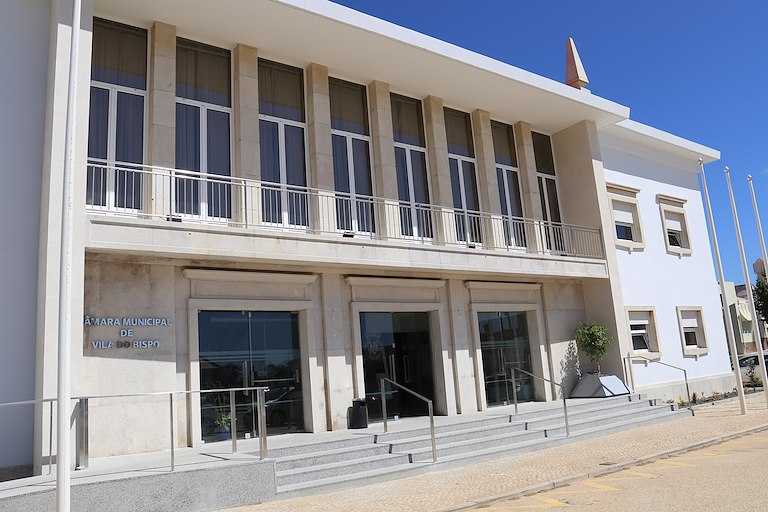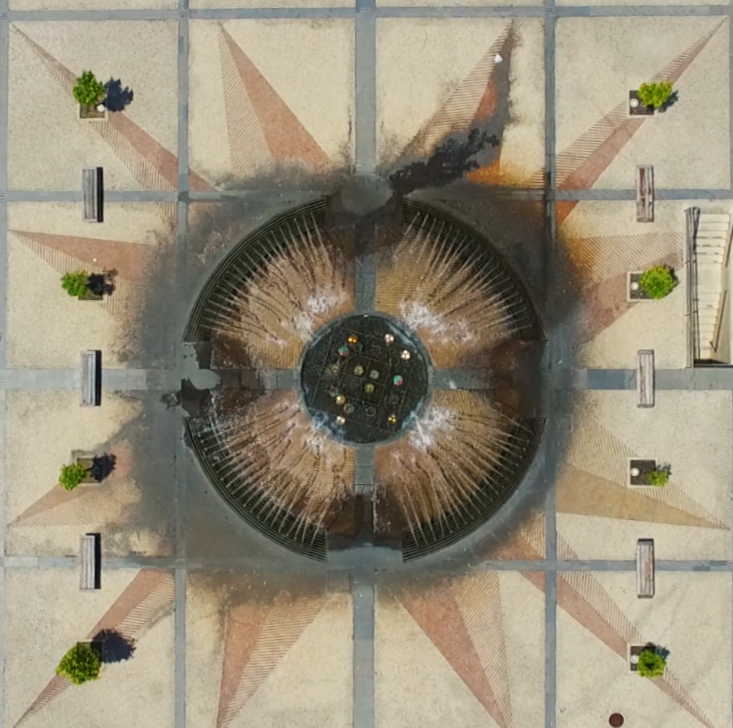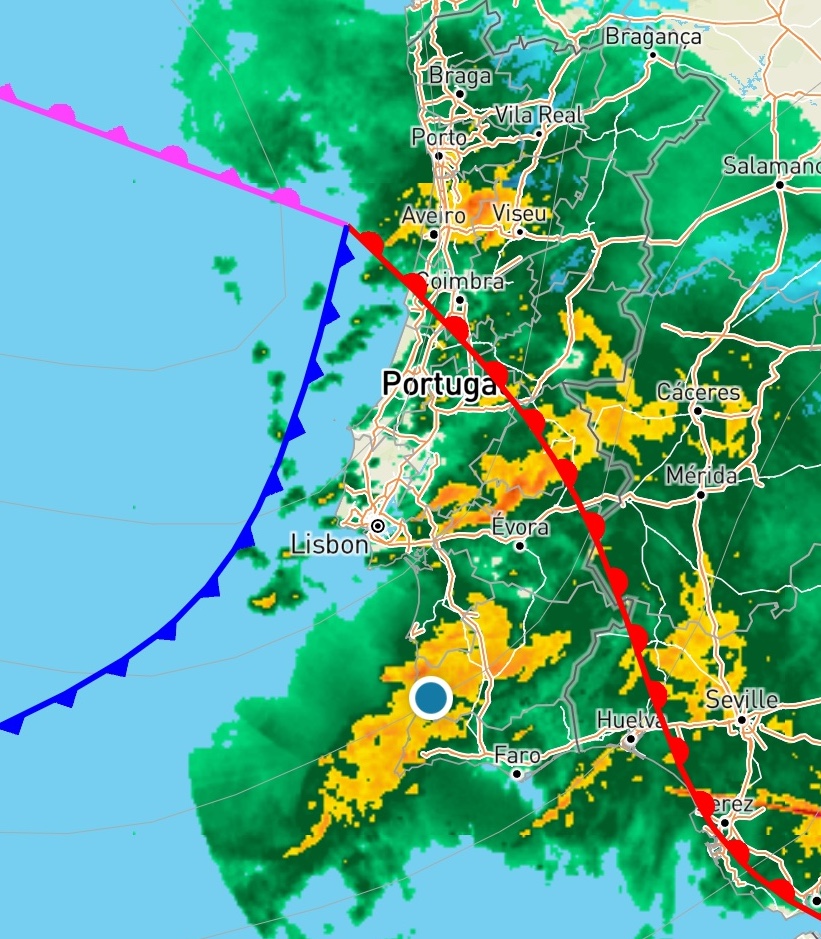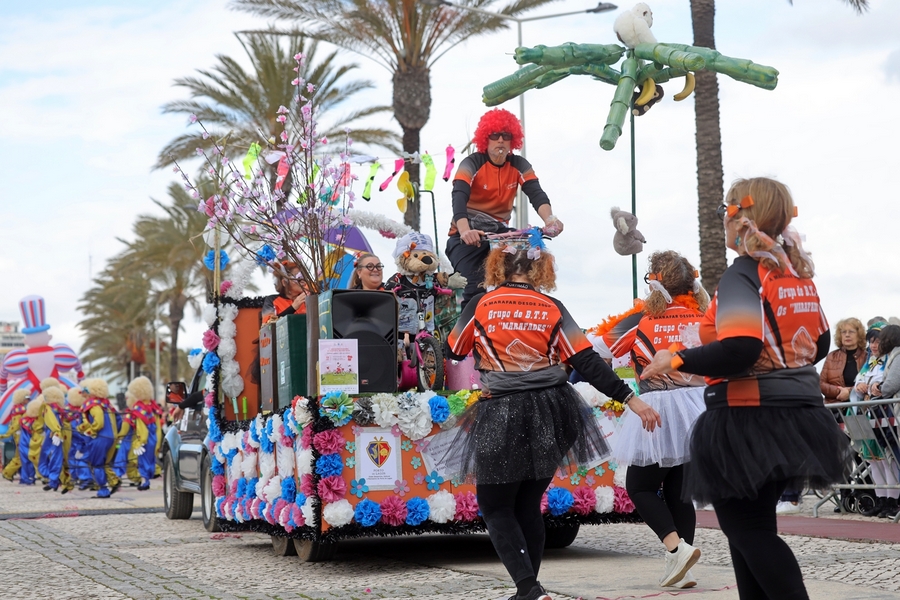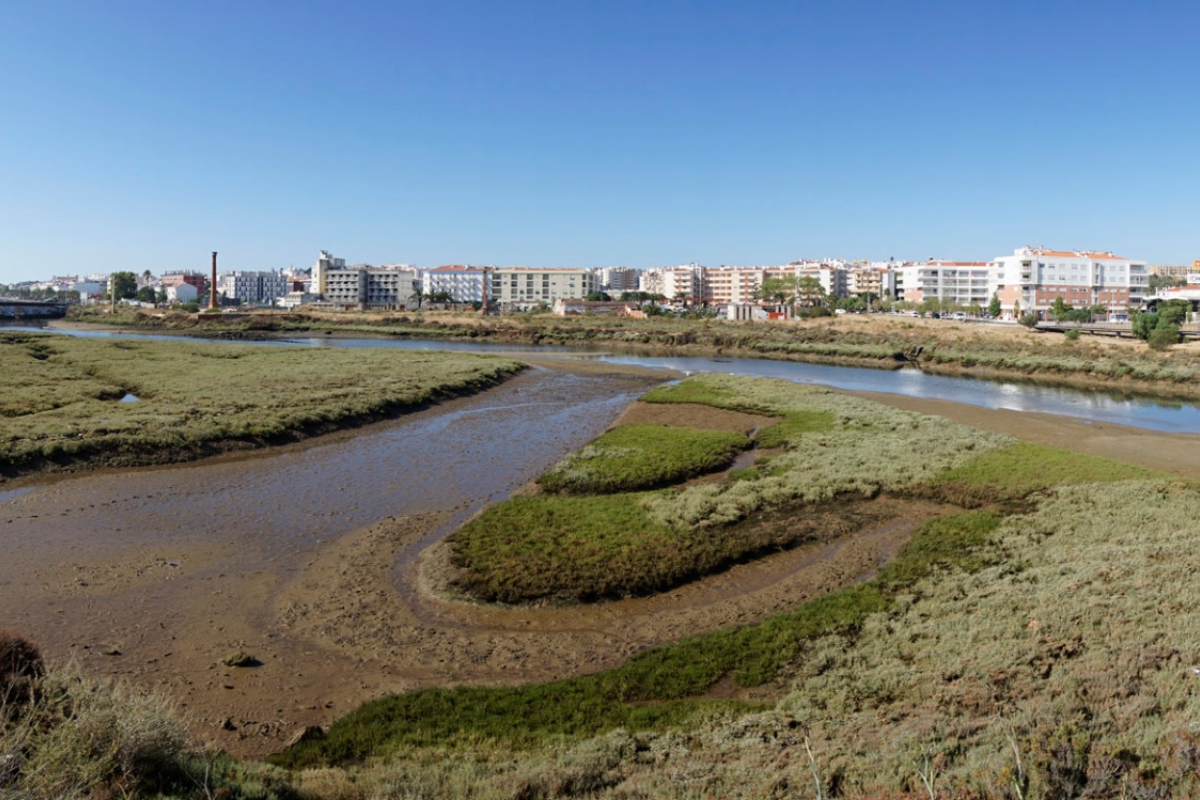When compared to most major European countries, democracy and freedom of expression are quite new to Portugal and this has to be considered when engaging in the local elections later this month. The dour authoritarian Salazar dictatorship of 36 years maintained stability at the expense of human rights and liberties.
The road to democracy
In 1968, Salazar fell and hit his head, resulting in his incapacitation and death in July 1970 at the age of 81. His intact government system was taken over by Marcello Caetano, a lawyer and long-time colleague, who tried to reform some of the regime’s hard-line activities to generate support. But, with Salazar out of the way, there was a growing undercurrent of dissatisfaction among a population becoming more aware of the freedoms offered by true democracy and the tempting prosperity of other European states. The result was the Carnation Revolution of 1974; a bloodless coup initiated by the military and quickly endorsed by the population. In the ensuing 50 years, Portuguese politics have been fascinating as the country tries to shake off some of the ingrained habits of the old Salazar authoritarian system.
Any historian will tell you that the day after a revolution is the most interesting. If it’s a military coup there is usually a command and control structure as well as a ‘police’ force on the streets. But if the revolution is civilian, then it’s rather like four teenagers realising that their parents have left them the house, the cars and the bank account. It’s chaos! Lord of the Flies meets Animal Farm. Salazar came to power by fixing chaos. 42 years later, chaos was restored. Every coffee bar becomes a political party and how do you create an instant democracy from babel?
It was predictable that the most suppressed of any opposition under Salazar would try to seize power in 1974 and this brought the socialists and communists into play alongside the military. It took two years of manoeuvring to achieve a new constitution and a meaningful election, which, in 1976, brought the centre-left socialist president Mário Soares into power. Presidential democracy has governed Portugal from that time, with membership of the EEC being achieved in 1986. Since 1976, there have been 16 prime ministers, mostly from the centre-left Partido Socialista (PS) or the centre-right Partido Social Democrata (PSD), both with reasonable working majorities.
Political scandal
This tennis match between the PSD and the PS changed during 2024. After a succession of very public top-level political scandals and spats, snap elections were called in 2025 with the traditional socialist PSD and PS surprisingly split by the arrival of Chega (enough) – a new party born in 2022, which follows the European trend towards right-wing populism and national conservatism. Seats in the 230-seat Assembly are 89 PSD, 60 Chega and 58 PS. So we have a minority PSD government with Luís Montenegro as PM, determined not to consider a coalition with anyone, especially Chega or his traditional PS rivals. The PS is now in a diminished third place. This is why the upcoming local elections are going to be very interesting. Given fresh options, which way will the pendulum swing?
Local politics
Practical politics at the local level can differ from the strict party line because the individual leaders usually live and work among their constituents and have to understand the needs of their communities in practical terms. This is why voters have to be careful to elect a ‘listening’ council dedicated to solving local issues. A mainstream party may emerge with a majority, but this can kill the voices of the alternative views required for balance in a true democracy. A mixed bag of honest, intelligent local politicians running a council should theoretically achieve a better result for the home population and, with the recent rebalance in Lisbon, there is a real opportunity for change at the local level. Post-COVID Portugal has also evolved with an eclectic mix of new arrivals and investors that should have a voice in an inclusive democracy.
If we take Lagos as a typical example of a city on the Algarve litoral, there are five parties offering candidates for the seven council seats. These are in alphabetical order:
AD (PSD+CDS): a centre-right political alliance composed of the Social Democratic Party (PSD) and the CDS – People’s Party (CDS–PP)
CDU: a political coalition between the Portuguese Communist Party (Portuguese: Partido Comunista Português or PCP) and the Ecologist Party
Chega: the new boys on the block. Right-wing populists who espouse the conservative Christian views held by the many more traditional Portuguese
Lagos com Futuro: the independents. A collection of highly qualified locals determined to break down bureaucracy and provide more transparent and lawful government.
Partida Socialista (PS): in majority power in Lagos for 24 years. Traditional left-wing party.
It can be seen that, in a time of change, all options are up for election. Promises are cheap, but small-town reality occurs when your voters sit at the next table at the restaurant. Any local politician should be confident and proud to do so.

